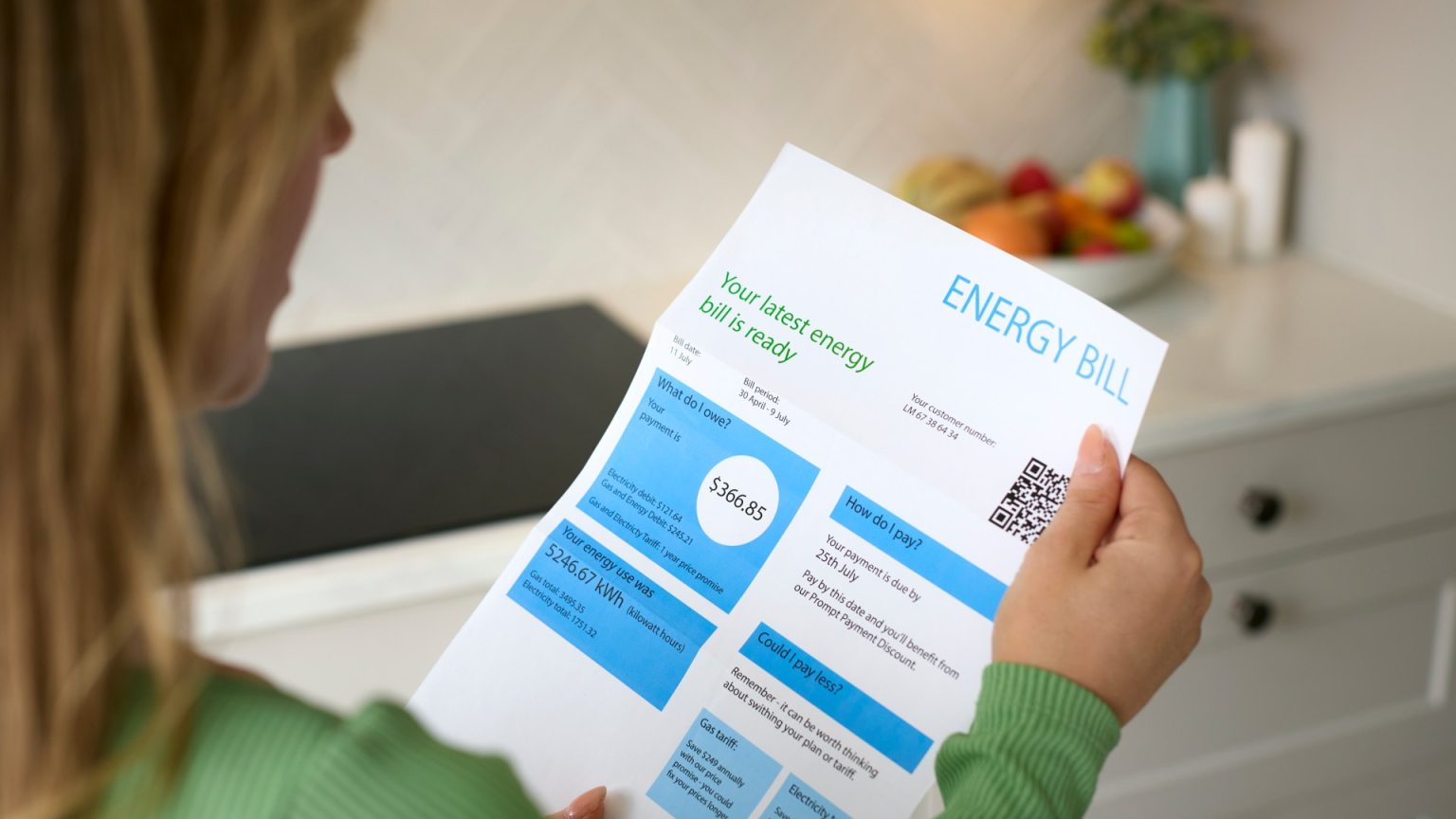With rising energy costs becoming a significant concern for households, finding effective ways to reduce energy consumption is more crucial than ever. One expert suggests a simple yet impactful change: avoiding the use of tumble dryers. Andy Ellis of Posh.co.uk highlights the significant savings potential of air-drying clothes, estimating that households could save up to £50 annually by forgoing this power-hungry appliance. Tumble dryers are known to be energy-intensive, with some cycles costing upwards of £1.50 each. Instead, utilizing an airing rack or clothesline offers a cost-effective and environmentally friendly alternative, especially during the milder months. This simple switch can contribute significantly to lowering overall energy bills.
Beyond ditching the tumble dryer, Ellis recommends a holistic approach to energy conservation. He emphasizes the importance of improving home insulation and sealing drafts to prevent heat loss and maximize the efficiency of heating systems. By taking these steps, families can maintain a comfortable living environment without escalating heating costs. This involves ensuring adequate insulation in walls and lofts, as well as sealing gaps around windows and doors to minimize drafts. These measures help retain heat within the home, reducing the need for excessive heating and ultimately lowering energy consumption.
The expert advice comes at a time when energy bills are experiencing a substantial increase. The typical household can expect to pay around £1,738 annually for energy, a noticeable rise under the new Ofgem price cap. While this primarily affects those on variable tariffs, usage patterns influence the final bill amount. However, some energy suppliers offer initiatives like £75 in free cash or “refer a friend” programs, providing opportunities to offset some of these costs. These programs reward customers for recommending their provider to others, often providing cash bonuses or energy credits for successful referrals.
In addition to these measures, consumers have other avenues for reducing energy expenditure. Applying for energy grants offered by various suppliers, including EDF, E.ON, Octopus Energy, and British Gas, can provide financial assistance to those struggling with energy costs. These grants can offer substantial support, sometimes reaching up to £2,000 annually. Furthermore, home-improvement grants are available to enhance insulation, potentially leading to significant long-term savings. Cavity wall insulation, for example, can reduce annual energy costs by up to £240, while insulating a water tank can save an additional £40, according to the Energy Saving Trust.
Switching to a fixed tariff offers another potential strategy for managing energy costs, especially with anticipated price increases in the future. Fixed tariffs provide price stability for a set period, shielding consumers from market fluctuations. However, it’s essential to compare various tariffs to ensure the chosen plan aligns with individual household energy needs and budget. Careful consideration and comparison shopping can help identify the most suitable and cost-effective tariff.
Beyond these larger strategies, simple adjustments in daily habits can also contribute to energy savings. Lowering the thermostat by just one degree can significantly reduce heating bills without sacrificing comfort. This small change can reportedly lead to annual savings of up to £171.70. Similarly, diligently switching off lights and appliances when not in use can save an additional £20 per year. Installing a smart meter provides valuable insights into energy consumption patterns, allowing households to identify areas for improvement and optimize usage. Finally, regularly reviewing and comparing energy suppliers can help ensure access to the most competitive tariffs and avoid overpaying for energy.











